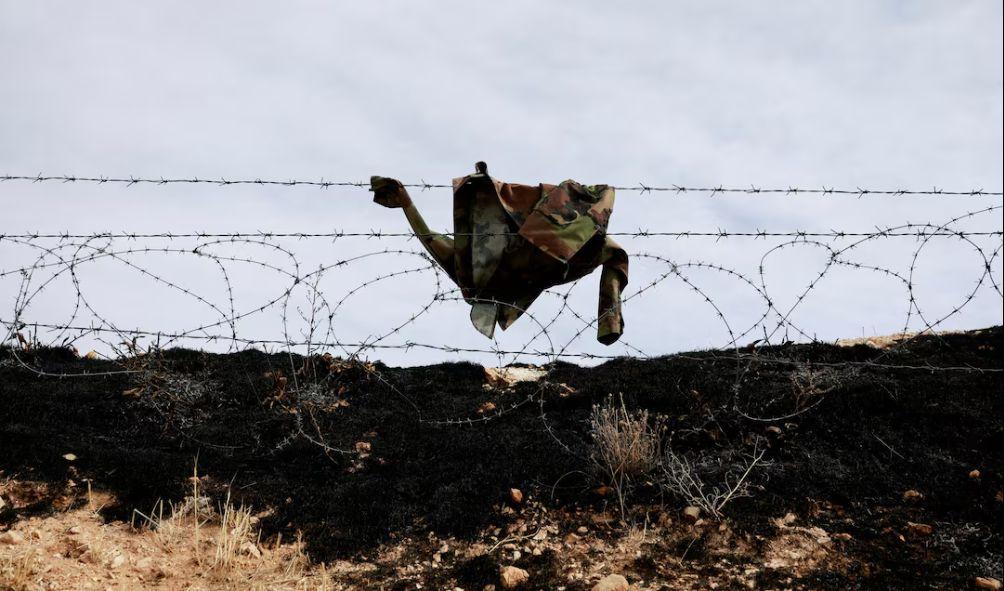How Assad’s Army Collapsed in Syria: Demoralized Troops, Absent Allies
Farhan al-Khouli, a 23-year-old Syrian military conscript, felt undervalued and disheartened. Stationed with only three soldiers instead of nine near rebel-controlled Idlib, many peers had bribed officers to avoid duty. One of his companions was deemed unfit and not trusted with a weapon.
Breaking point at the frontlines
For years, Islamist rebels Hayat Tahrir al-Sham (HTS) maintained a standstill in the Syrian conflict. That changed on November 27 when Khouli received orders to fight an advancing rebel convoy. Instead, he fled, abandoning his post and witnessing others do the same. Within two weeks, HTS captured Damascus, ending a 13-year civil war that had devastated the nation.
The downfall of Assad’s forces
Reports from deserters, senior officers, and documents reveal Syria’s army was hollowed out by corruption, reliance on foreign allies, and low morale. Iranian and Hezbollah commanders had controlled key operations but withdrew in 2023 due to escalating Israeli strikes and Lebanon’s internal conflicts, leaving Syria’s military uncoordinated.
Aleppo and systemic collapse
When Aleppo faced a November offensive, army units lacked clear strategies. Rampant corruption and undermanned units led to quick defeats, with rebels advancing rapidly. The collapse reflected years of neglect, dwindling resources, and a military structure transformed into irregular militia-like units.
A regime in denial
Despite emergency orders and threats, desertions increased as soldiers and officers abandoned posts. Videos showed mass defections, and uniforms were left on the streets. Corruption extended to mid-ranking officers who grew resentful of Assad’s ruling elite benefiting from the war while conditions worsened for the rank and file.
Reliance on foreign allies
From 2011, Assad’s regime leaned on Iran, Hezbollah, and Russia. Iranian forces and Hezbollah played pivotal roles but often dismissed Syrian troops as unreliable. By late 2023, their withdrawal and reduced support left Syria vulnerable, unable to counter HTS advances effectively.
An inevitable conclusion
The Syrian army’s decay highlighted systemic corruption, a lack of loyalty among conscripts, and overdependence on external allies. With HTS consolidating control, experts agree the regime’s fall was years in the making.
How Assad’s Army Collapsed in Syria: Demoralized Troops, Absent Allies
